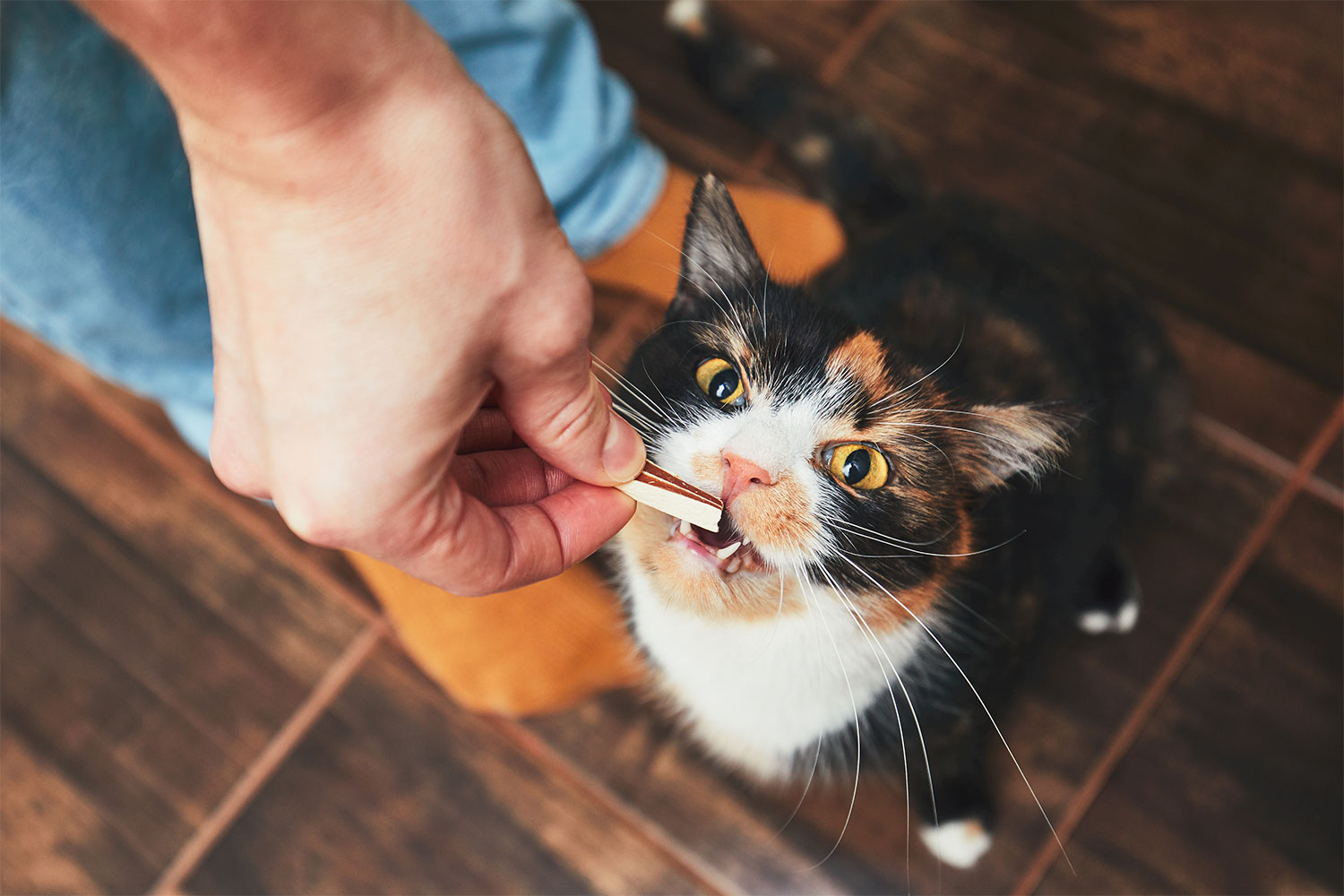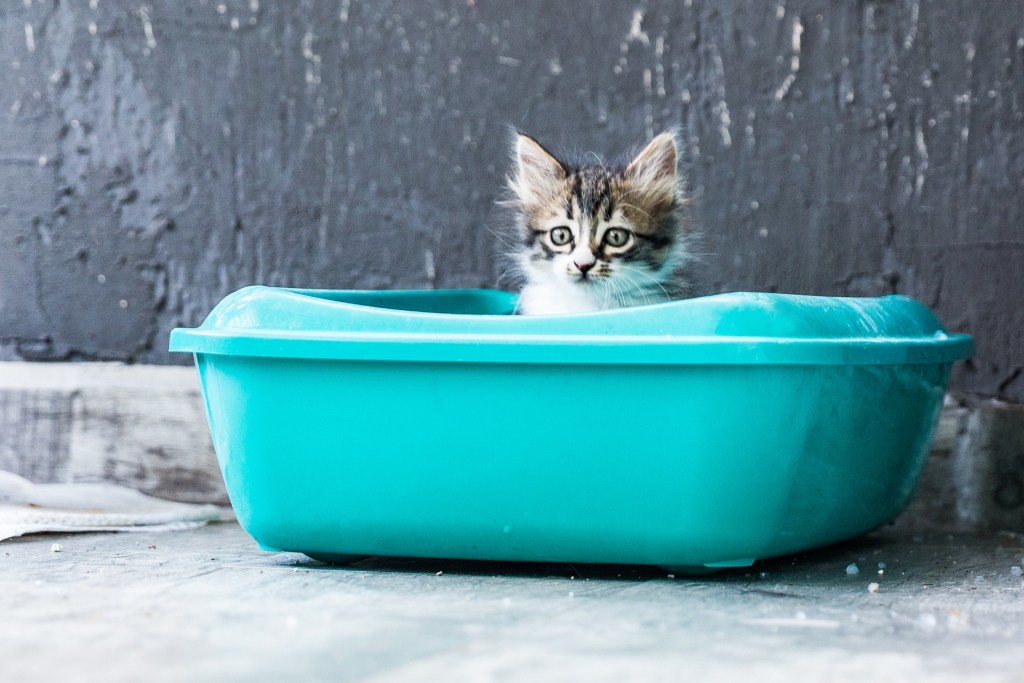A common belief among people is that cats cannot be trained as easily as dogs using the same methods. While there is some truth to the claim, you can, in fact, modify your cat’s behavior effectively with some disciplining and training methods.

A good reason for cats to be generally non-responsive to training is the history behind why cats were domesticated in the first place. Cats had been bred with the sole intention of hunting vermin on their own. They are inclined to work independently as part of their inherent nature. Despite all this, you can train a cat with some special tips and tricks. You will, however, need a great deal of patience and creativity.
Explore our article with five effective methods for disciplining and training cats — and make your job a lot easier. In this article, we’ll cover the following:
- Use a clicker as a trigger.
- Start early with small tasks, and keep the training sessions short.
- Develop a reward system using treats.
- Avoid punishing your cat at all costs.
- Involve some other people in the process.
Use a clicker as a trigger
When you make your cat do something that you are training them for, make a sound with a clicker or a pen. This lets your cat know that they have done something right. Just remember to make the sound at the exact same time that your cat does the job. Otherwise, they will just get confused.
A good idea is to pair this process with a reward system like a cat treat. This will induce a positive feedback behavior in your cat’s mind. They will try to do that action every time you click the trigger in hopes of getting something good out of it.
Start early with small tasks, and keep the training sessions short
The best and most suitable time to train your cat is when he or she is still a kitten. If you can start the process within a few days of bringing home a kitten, you can expect to groom and take care of them much more easily when they grow up to be adults.

The more you carry on with training sessions, the more you will find that your cat is often bored and losing interest. In that case, they will stop accepting the training, and all your efforts will end up in vain. It is best to keep the duration of each activity adequately short but to do it frequently and naturally. Cats are very independent and strong-willed by nature. So, it will not be that easy. You just have to keep calm and maintain your patience.
Start with a small essential task, like teaching your cat to use the litterbox when they need to. You can then move on to other complex tricks, like making them respond to your calls or sit on your lap. With enough trial and error, you will get there soon enough.
Develop a reward system using treats
One of the greatest motivational stimulators for training is a reward system. Your furry little friend will be very eager to respond to your cues if you give them a treat every time they do a good job.
You can also try other rewards, like patting or scratching their fur. Cats respond well to these gestures and generally like them. So, reinforce good behavior and discipline, like sitting still while you prepare food for them. Getting that reward will teach them that they did a good job, and they will try to quickly adapt to the behavior. In the meantime, you can also learn how many times you should feed your kitten.
Avoid punishing your cat at all costs
As part of their nature, cats respond negatively to punishment. When you punish your cat with something like spraying water after they have done something wrong, it will just imprint a bad notion in their mind. They will feel more likely to flee and create distance from you. They will not feel afraid of the action itself.
So, every time your cat does something that you do not want them to do, refrain from punishing them. The key here is persuasion. If you patiently wait and follow the methods above, your cat is very likely to respond and adapt to good actions rather than bad ones.
Involve some other people in the process

If you don’t actually live alone with your cat, you can invite your friends or other family members to interact with them. This will effectively speed up your cat’s adaptation process. They will learn to socialize more with new people.
Just like starting small and easy, ask other people not to be too forward with their interactions. Cats are less adaptive to change by nature. So, giving them a lot of leeway and allowing them to slowly get used to new faces is more effective than introducing them suddenly to a lot of new people.
Bottom line
At the end of the day, training your cat to be disciplined can lead to multiple benefits. The whole exercise means that you will likely spend more time with your furry friend while nurturing the bond that you share. It will keep your cat stimulated, which means that they will be happy and healthy.
Training a cat can include teaching them some fun tricks like fetching or waving. However, the most useful benefit is being able to discipline and manage your cat’s actions. Your favorite pet can learn to respond to your calls, sit when asked, and even pee at specific times. This can be very helpful for you as the owner.
If it’s still not working and you are facing troubles while training or disciplining your cat using these methods, it is definitely a good idea to reach out for professional help. An expert and qualified animal behaviorist can be the right choice for helping your favorite feline friend.


